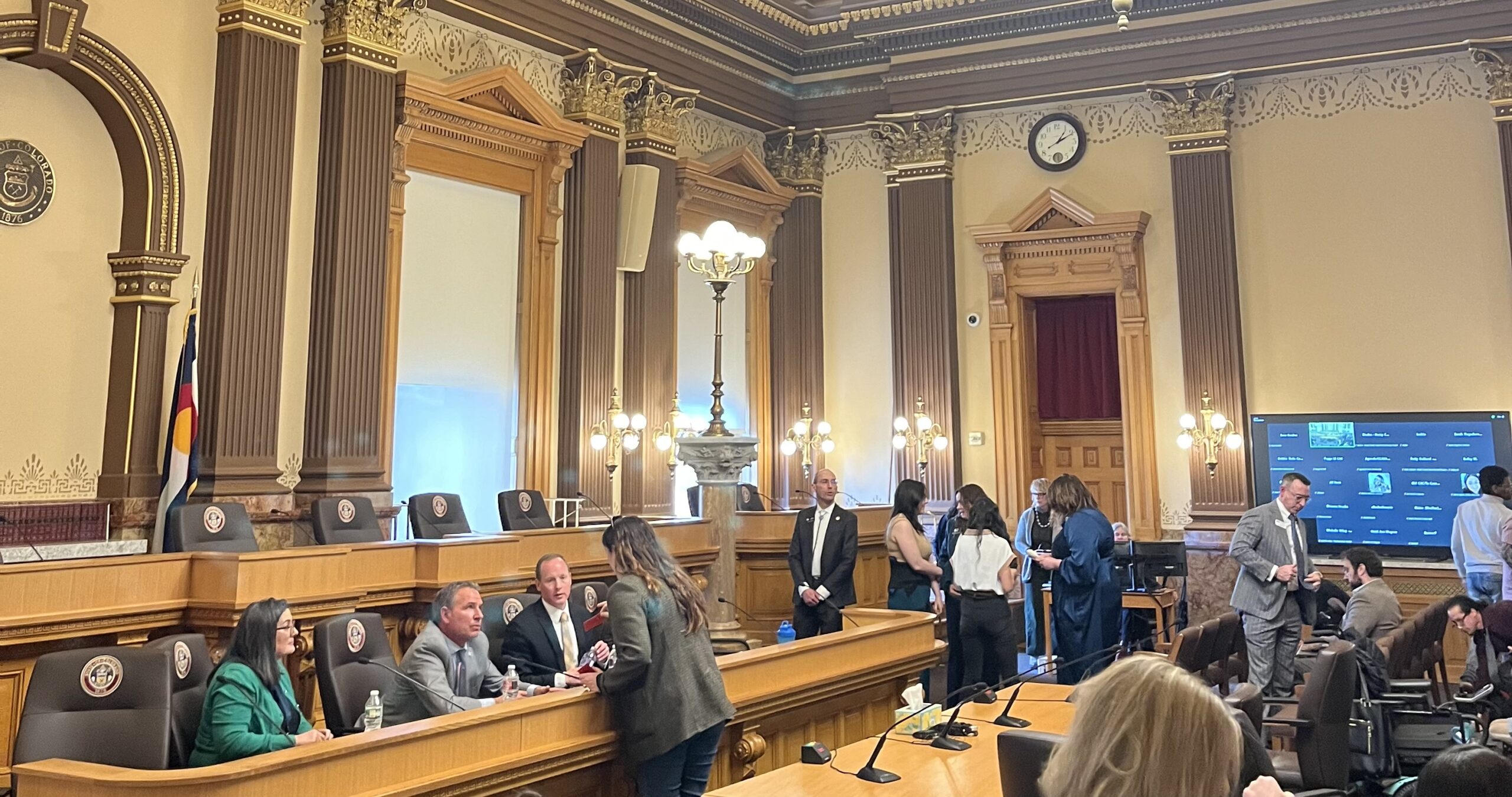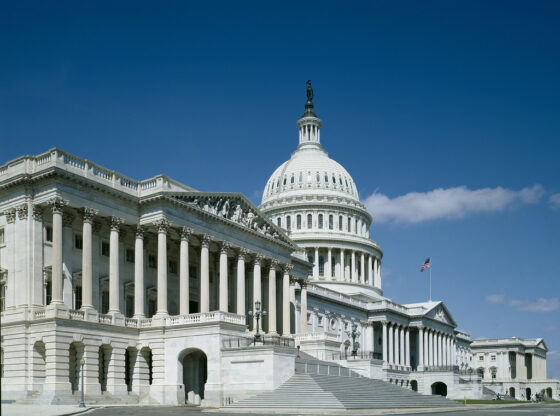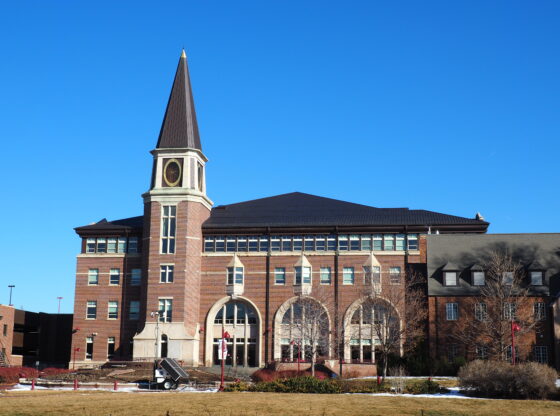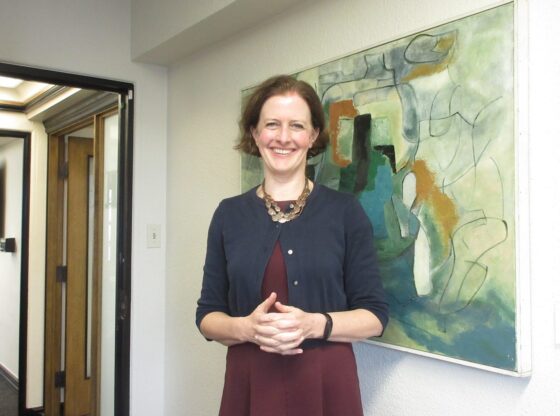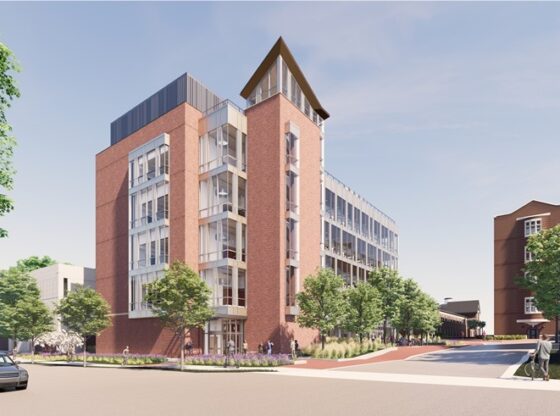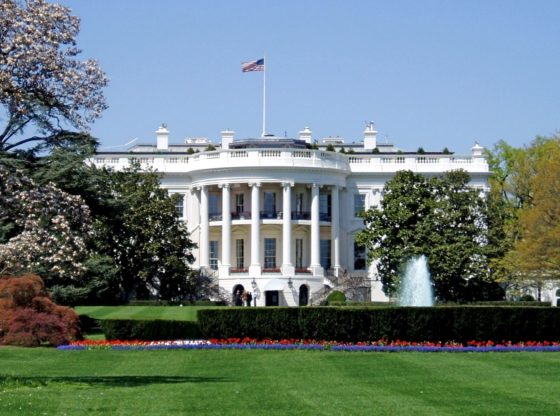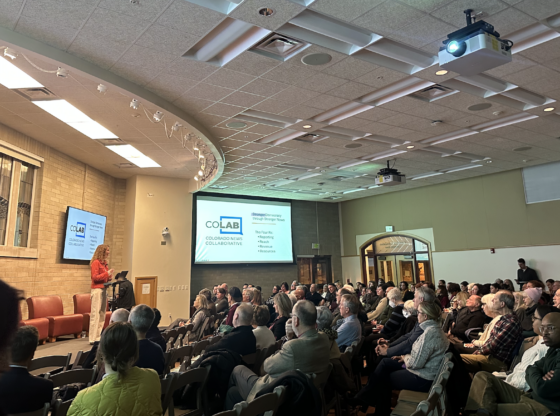This article is part one of a seven-part series that focuses on how sustainability impacts students on a college campus. This series will go in-depth on topics that intersect with sustainability, such as energy use, food waste, environmental racism, recycling and compost.
People are beginning to settle into new ways of life as a result of COVID-19. This pandemic has forced people to question their sanitation practices, being in large groups and spending more time at home. This alteration in everyone’s life has caused people, businesses, organizations and universities to question how we view sustainability.
The term sustainability has been tossed around for years, but COVID-19 has encouraged greater discussion on the topic. The environment noticeably changed. Fewer people were driving cars, and fewer schools were purchasing from farmers which increased the amount of food waste. More businesses and restaurants were investing in single-use plasticware to encourage to-go orders.
On a micro-scale at DU, the university’s built-in sustainability practices helped save energy and money during COVID-19. But have they been effective?
Although overall energy use has reduced, waste of single-use products has increased nationwide and at DU. This is a result of sanitation practices put in place to prevent students from sharing dining hall utilities like serving utensils.
There has been an overall decline in trash since the buildings have cut back their capacities during the spring of 2020. There is more trash from food take-out materials, but this does not outweigh the overall reduction in waste.
The Building and Grounds Committee at DU is devoted to conserving energy and natural resources on campus. The Board of Trustees collects monthly data reflecting DU’s energy consumption. They hope to work towards finding solutions on how to be more sustainable on campus and save energy.
A few ways DU has conserved energy during COVID-19 is by being mindful of unoccupied buildings and settings. Lynn Bailey, the assistant director of utilities at DU, has made an effort to reduce operations on campus. The university implemented social distancing regulations to each building to de-densify populated areas. The Facilities Management and Planning (FMP) Division helped reduce DU’s carbon footprint by 12.7% from March to June.
This creates a positive impact on the environment as less energy is being used to run the buildings. Only students who have a class in a specific building are granted access with their PioID. Also, all the lights are kept off in every room besides the few rooms with in-person class.
Every other stall in a building’s restroom is out of service to maintain social distancing rules. This also helps to decrease the amount of water and energy used as fewer people are entering the bathrooms.
DU dramatically reduced their utility costs by $565,206. The total cost of electric, natural, gas, water and sewer utilities was down to $365,231. The cost reduction percentages by commodity were electric 15%, natural gas 27%, water 34% and sewer 38%.
A team of students, known as the Rocky Mountain Land Use Institute at DU’s Sturm College of Law, devote their time to discussing environmental justice issues and analyzing the transportation system. Recently, the team shifted gears. Now, they are analyzing data related to student carbon emissions at the university. The data came from a survey sent out to students in the fall. It helped determine the average distance a student travels each day around campus, narrowing down the reasons behind DU’s carbon footprint.
This winter quarter, more students are attending classes on campus due to the university loosening COVID-19 restrictions. This increase will impact the university’s energy savings as more buildings are operating at a “normal” rate. As future data comes out on sustainability, it will become apparent how much COVID-19 impacts the environment and sustainability practices in positive and negative ways.
The pandemic has reshaped DU’s sustainability practices and students’ perception of the topic. COVID-19 has affected DU’s carbon emissions, trash intake and water usage. This is all-important to take into account as the world returns to normalcy, and buildings start running at full capacity and making an impact on the environment as they did before COVID-19.


